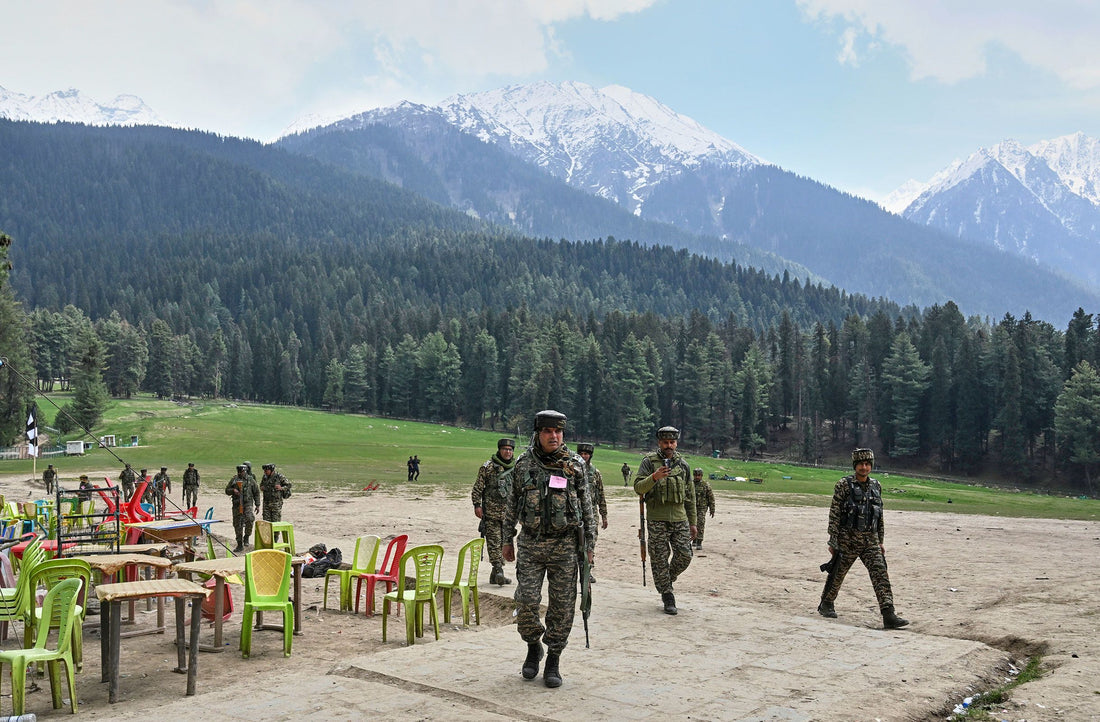Report: ISI and Lashkar-Directed Pahalgam Terror Attack Tied to Pakistani Leadership

A fatal terrorist attack in Pahalgam, Jammu and Kashmir, which resulted in 26 deaths on April 22, was orchestrated by Pakistan's Inter-Services Intelligence (ISI) and Lashkar-e-Taiba (LeT), following directives from Pakistan's political and military authorities, according to a Times of India report citing senior Indian security officials.
Authorities revealed that the ISI instructed Sajid Jutt, a prominent LeT leader based in Pakistan, to engage only foreign operatives for the mission, intentionally excluding Kashmiri militants to preserve secrecy and avoid detection on international platforms.
The assault was executed by two Pakistanis—Hashim Musa, known as Suleiman, and Ali Bhai, also called Talha Bhai—assisted by a local, Adil Hussain Thokker. Investigators indicate the perpetrators were supported by local residents Parvaiz Ahmad Jothar and Bashir Ahmad Jothar, both arrested by the National Investigation Agency (NIA). The two are accused of aiding the terrorists with full awareness of their identities.
The Resistance Front (TRF), largely considered a surrogate for the banned LeT, claimed responsibility for the attack. Indian intelligence agencies assert that TRF is utilized by Pakistan to sidestep international pressure and sanctions.
In a decisive counteraction, India initiated Operation Sindoor on May 7, targeting nine terrorist facilities within Pakistan and Pakistan-occupied Kashmir. The early morning airstrikes reportedly killed more than 100 terrorists, initiating four days of military engagements, which included drone attacks, missile firings, and long-range artillery duels. The hostilities concluded after a mutual military ceasefire agreement on May 10.
A senior security official described the attack on Pahalgam as "a well-concealed ISI scheme aimed at destabilizing Kashmir while minimizing international condemnation by limiting local involvement." Intelligence assessments suggest this tactic of employing foreign fighters may reflect Pakistan's strategic shift to internationalize the Kashmir conflict without leaving direct evidence.
As investigations proceed, the NIA continues to gather evidence to fully reveal ISI's role. India has already shared initial findings with key international allies and plans to address the issue at the United Nations and other diplomatic venues.
The event, along with India's reaction, underscores the precarious security conditions in Kashmir and the significant ramifications for Indo-Pakistan relations amid an uncertain geopolitical environment.



















